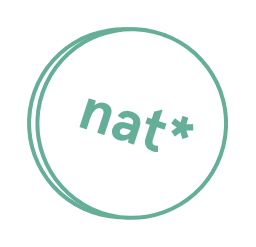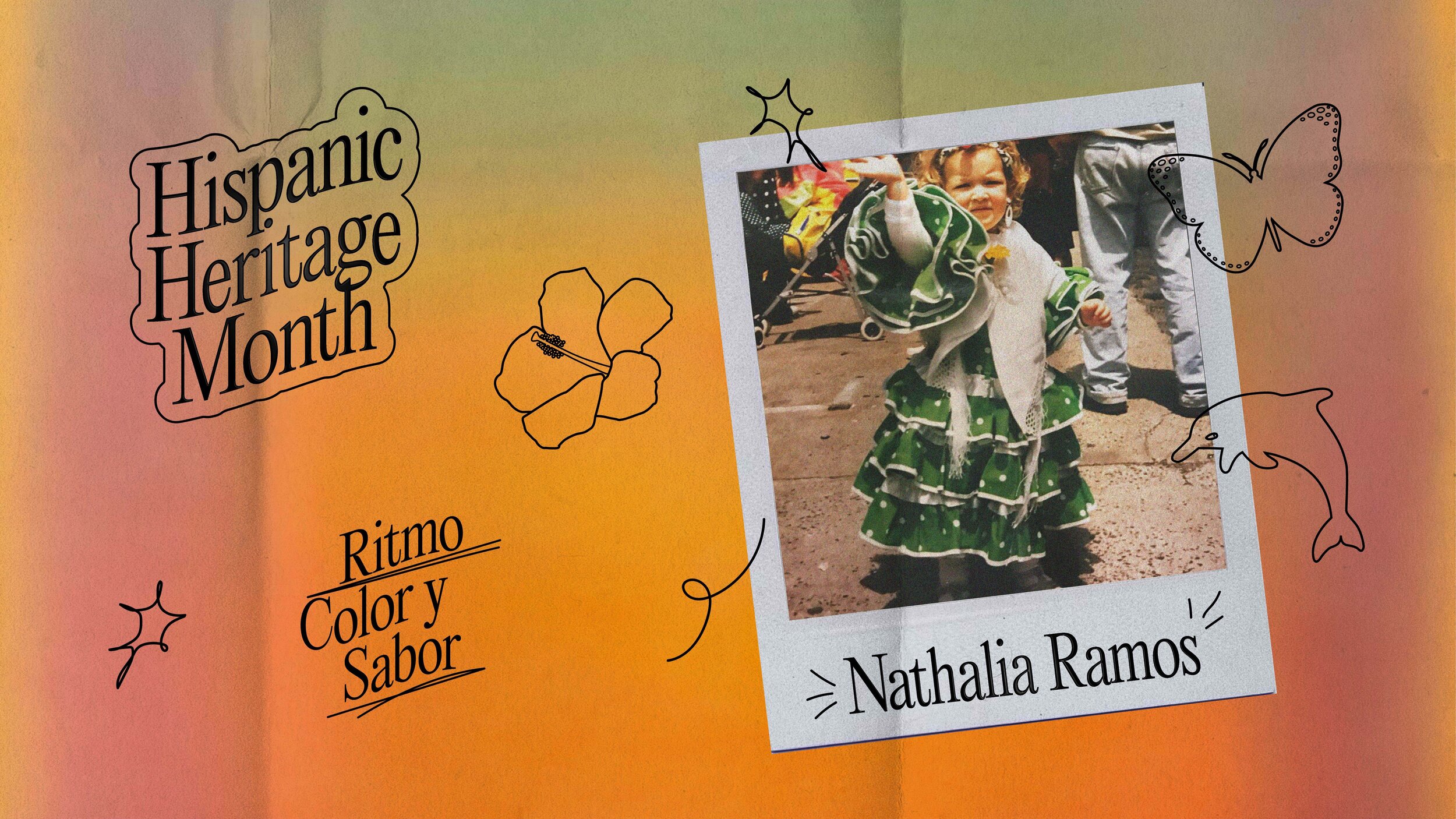For my entire life people have always been surprised to learn that I speak Spanish. This is typically followed with something along the lines of "No way, you don't look Spanish at all." I know, right? The blonde hair, blue eyes, it always throws people off. This never bothered me, in fact, quite the opposite. From a young age speaking Spanish was like my secret superpower. I'd love to surprise people with a simple "gracias!" or casually dropping in to conversations in Spanish. On a few occasions I've actually pulled out my cell phone to have a pretend conversation with "Papá" when unsuspecting victims were saying things they probably would have preferred I didn't understand.
Only in recent years have I begun to question this fact of life. What does it mean to look Spanish? And why don't I? I was born in Spain. Spanish is my first language. My dad looks like me. My grandma too. That so many are surprised to learn that I speak Spanish tells me that a limited understanding exists of what it means to be Hispanic. We Spanish speakers come in all shades and hues, from a broad array of countries, cultures and histories. Yet, too often Hollywood movies and tv present us as a monolithic group. I can’t help but feel that this contributes to the limited understanding of our community.
Acquiescing to the fact that I was unlikely to ever be cast as a Latina in Hollywood, I decided to try my luck in Spain. I hadn’t lived in Madrid since I was a baby. Though I had visited family many times over the years, getting to know the city as an adult on my own was an entirely new and exciting experience. Identity is a strange thing and not something I’d often think about, but being out there on my own I had a lot of time to reflect. One thing I noticed was that back “home” in LA, I am not viewed as an American, I am Spanish. Yet when I am in Spain, I am considered American. Wherever I am, I am always considerd an outsider, even if I feelas though I belong. It turned out that in order to act in Spain I had to perfect my Castilian accent (the Spanish dialect spoken in Madrid). My natural accent reflects my experience of growing up in the States, with its rich diversity of Latinos. I threw myself into dialect coaching in order to sound more madrileña and the process was illuminating. I learned that everything from the placement of one's tongue, to the breath, to the intonation, is all a part of the story of any given dialect. (Journalist Jessica Furseth writes about this more in detail in a recent blog on accents and belonging.)
Since returning to LA I’ve kept many of these lessons close to my heart but my natural accent returned as I absorbed the sounds and mannerisms of the Latinos around me, from Mexicans to Argentinians and everything in between. The fact that I don’t fully check off the casting directors “Hispanic” box in either the US or Spain continued to worry me, but rather than masking it I have decided to embrace it. It is not, after all, so unique. Perhaps if more stories were told to reflect this reality then more people could see the Hispanic community as the mosaic that we are.
As I write this, I am reminded of a time when my brother and I were kids and our dad, a musician, wrote a song for us called Del Mundo Soy (I am from the world). This was before we had a computer in the house and I remember him sitting at the kitchen table with a plastic globe in his lap as he brilliantly wove together all 20 Spanish speaking countries into what would become the chorus. For my dad, celebrating his heritage through his art has always come naturally. My hope now is that I can do the same.

